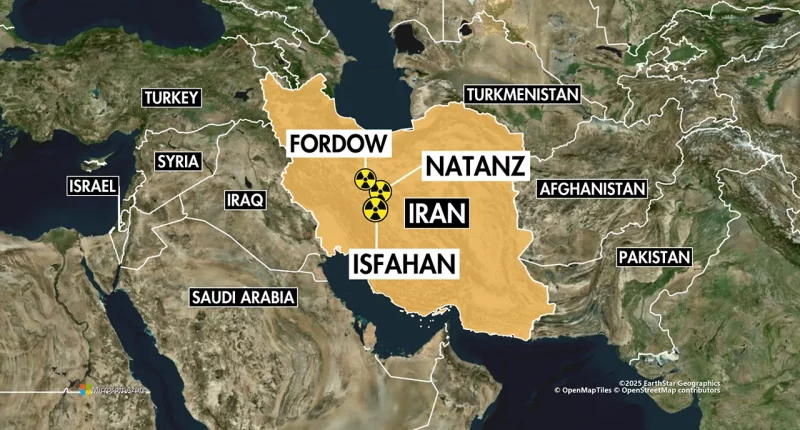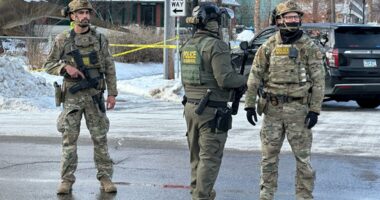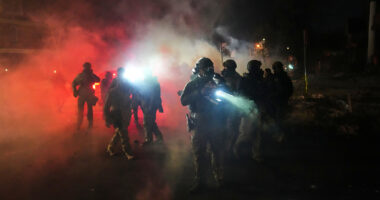Share this @internewscast.com
Last week, President Donald Trump announced that the U.S. had bombed Iran’s underground nuclear facilities, stating they were “obliterated.” He emphasized that the combined U.S. and Israeli attacks caused “monumental damage to all nuclear sites in Iran.”
Supporting this, U.S. Defense Secretary Pete Hegseth mentioned in a briefing that the “CIA can confirm that credible intelligence shows Iran’s nuclear program has been significantly impaired by the recent targeted strikes.”
Israeli intelligence sources informed Fox News Digital that the attacks on Natanz, Fordow, and Esfahan caused significant and possibly irreversible harm to Iran’s known enrichment capabilities. “We struck at the core of their capabilities,” one official stated.
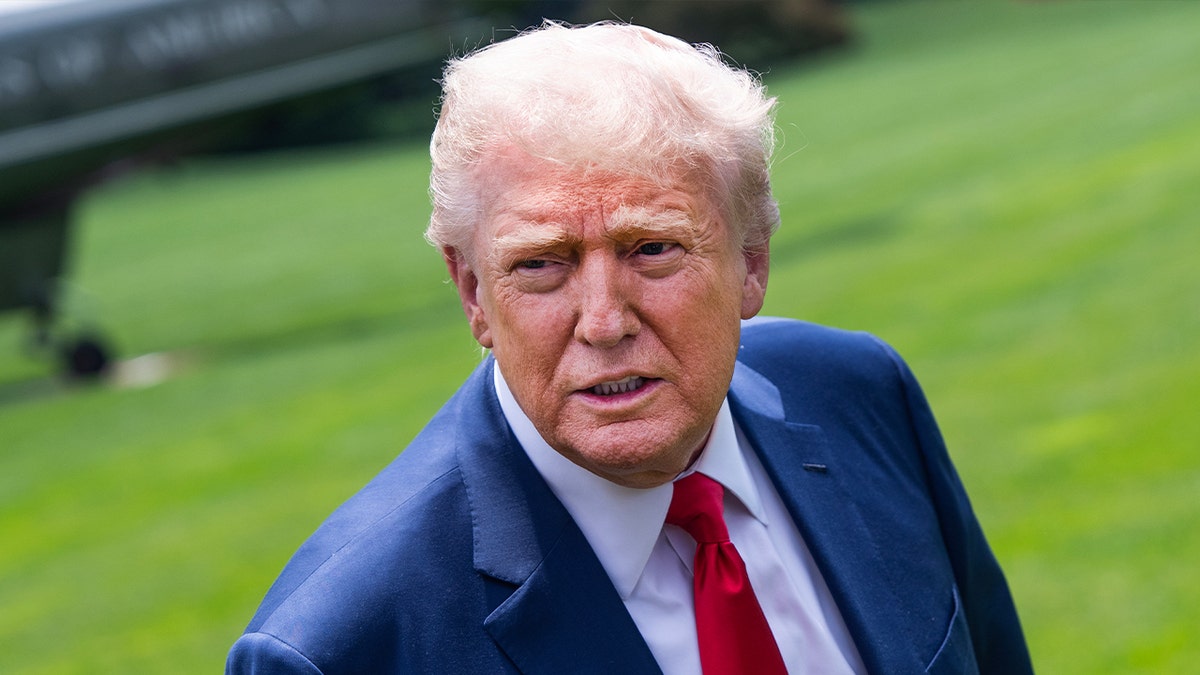
President Donald Trump arrives at the White House on June 9, 2025. (Tom Williams/CQ-Roll Call, Inc)
But despite the overwhelming success of the mission, questions remain about what survived – and what might come next. Analysts warn that while Iran’s declared facilities have been largely destroyed, covert elements of the program may still exist, and enriched uranium stockpiles could resurface.
International Atomic Energy Agency (IAEA) Director Rafael Grossi said in an interview with CBS on Saturday that although “it’s clear that what happened in particular in Fordow, Natanz, [and] Isfahan—where Iran used to have, and still has to some degree, capabilities in terms of treatment, conversion, and enrichment of uranium—has been destroyed to an important degree,” the threat remains.
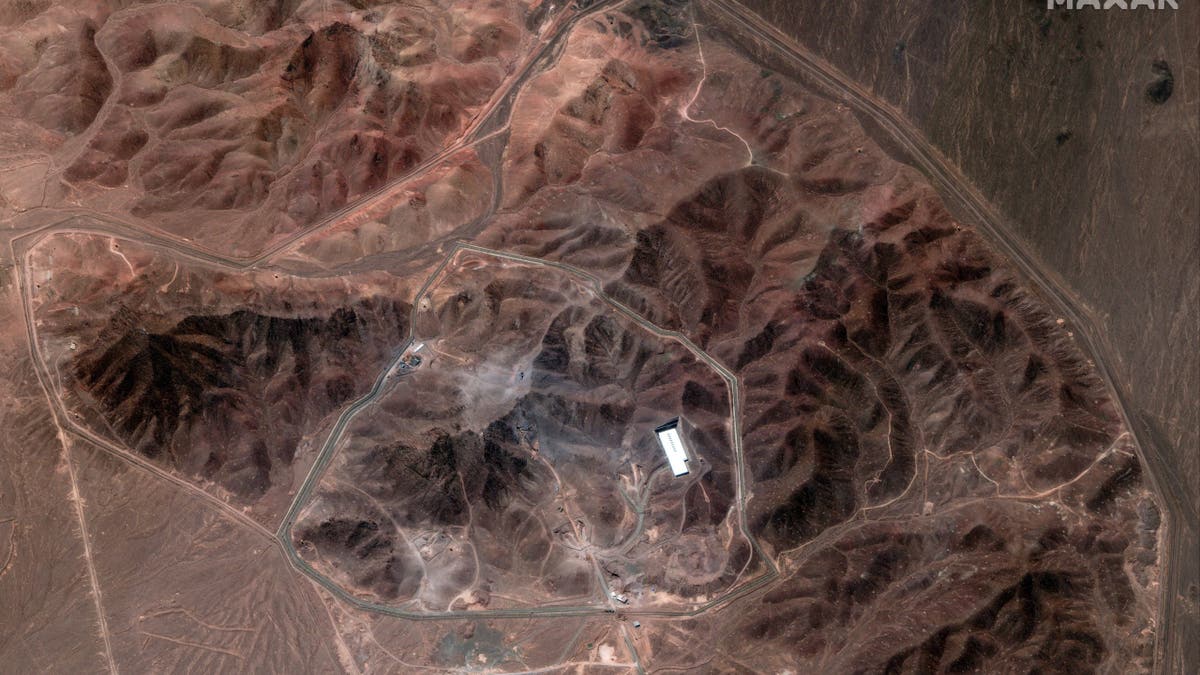
Maxar Technologies imagery taken on June 29, 2025,
According to the ISIS report, “extensive damage” was confirmed at nearly all major Iranian nuclear and missile facilities, including the destruction of uranium metal conversion plants, fuel fabrication centers, and the IR-40 Arak heavy water reactor. The report noted that the Israeli and U.S. strikes “rendered the Fordow site inoperable,” citing high-resolution satellite imagery of deep bunker penetrations.
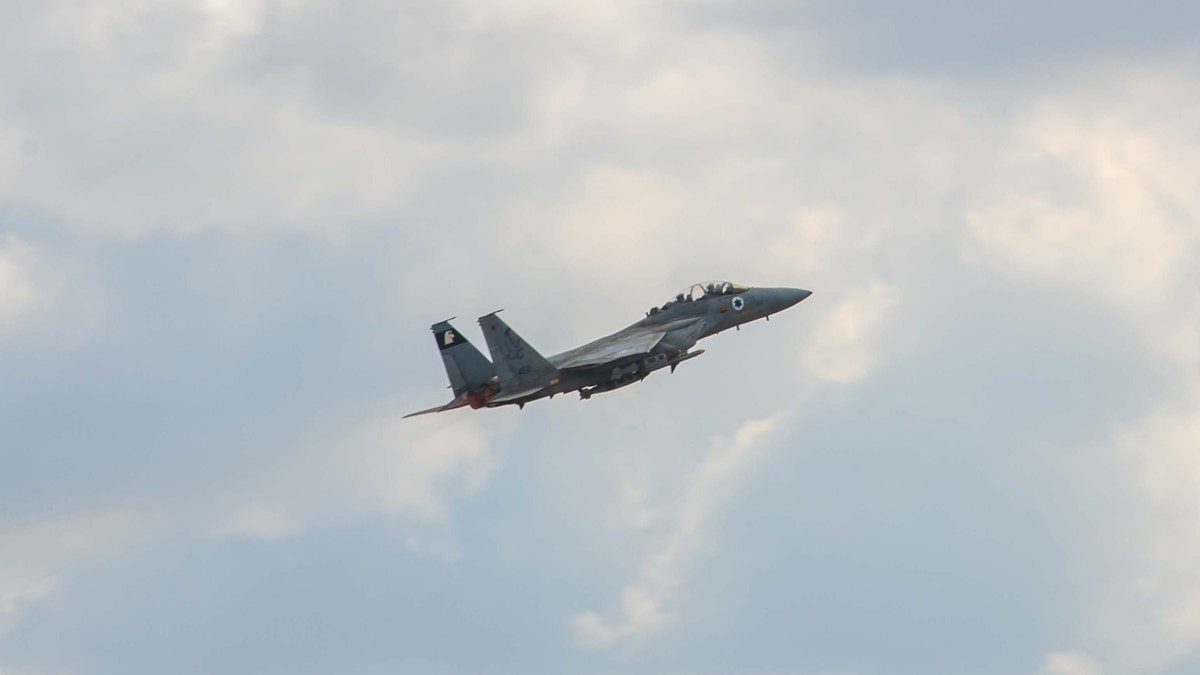
An Israeli fighter jet takes off for strikes in Tehran. (IDF)
Rabinowitz also emphasized that the intelligence picture is still developing in real time. “The Israelis and the Americans are now hard at work to generate the most accurate intelligence picture they can,” she said. “Without having my own sources in the Mossad, I can guarantee the Israelis are monitoring internal Iranian communications, trying to figure out what the Iranians have figured out. As they learn more, so will Israel and the U.S.”
As debate continues over whether the strikes were enough to permanently disable Iran’s nuclear ambitions, analysts agree on one point: Iran’s assumption that it could push forward without consequence is gone.
During a press conference on Friday. Trump was asked if he would bomb Iran’s nuclear program again if it was restarted. He told reporters, “Sure without question.”
